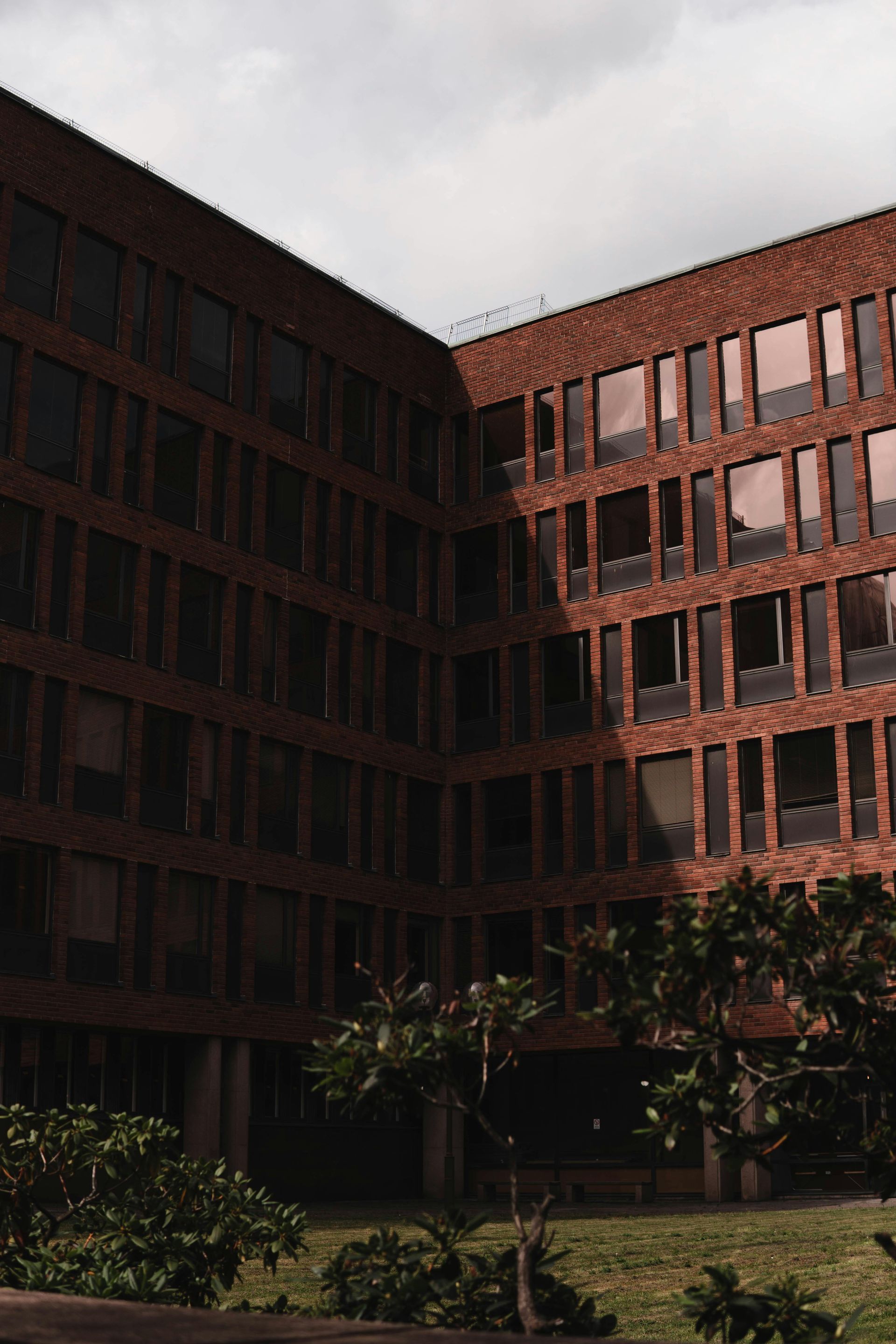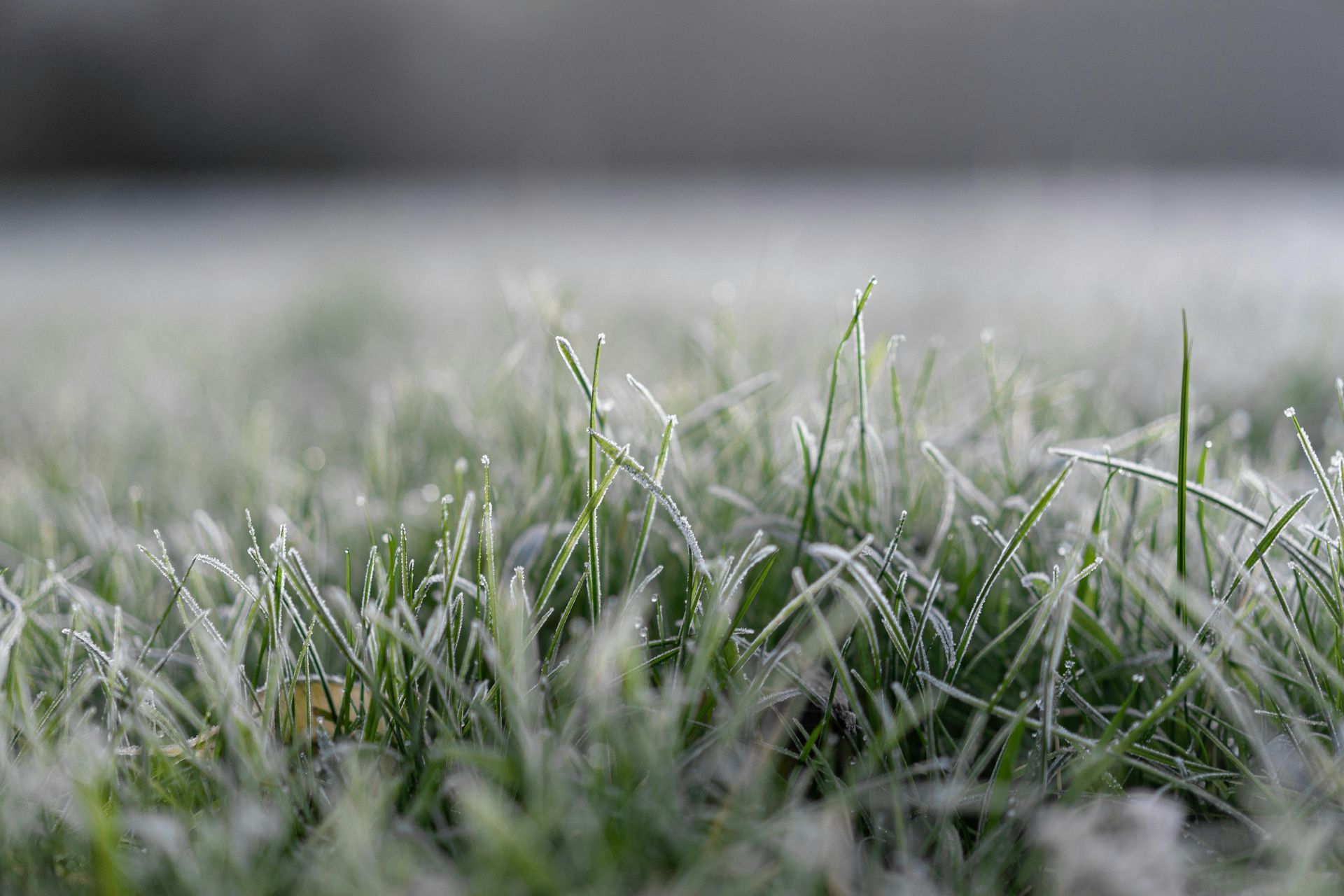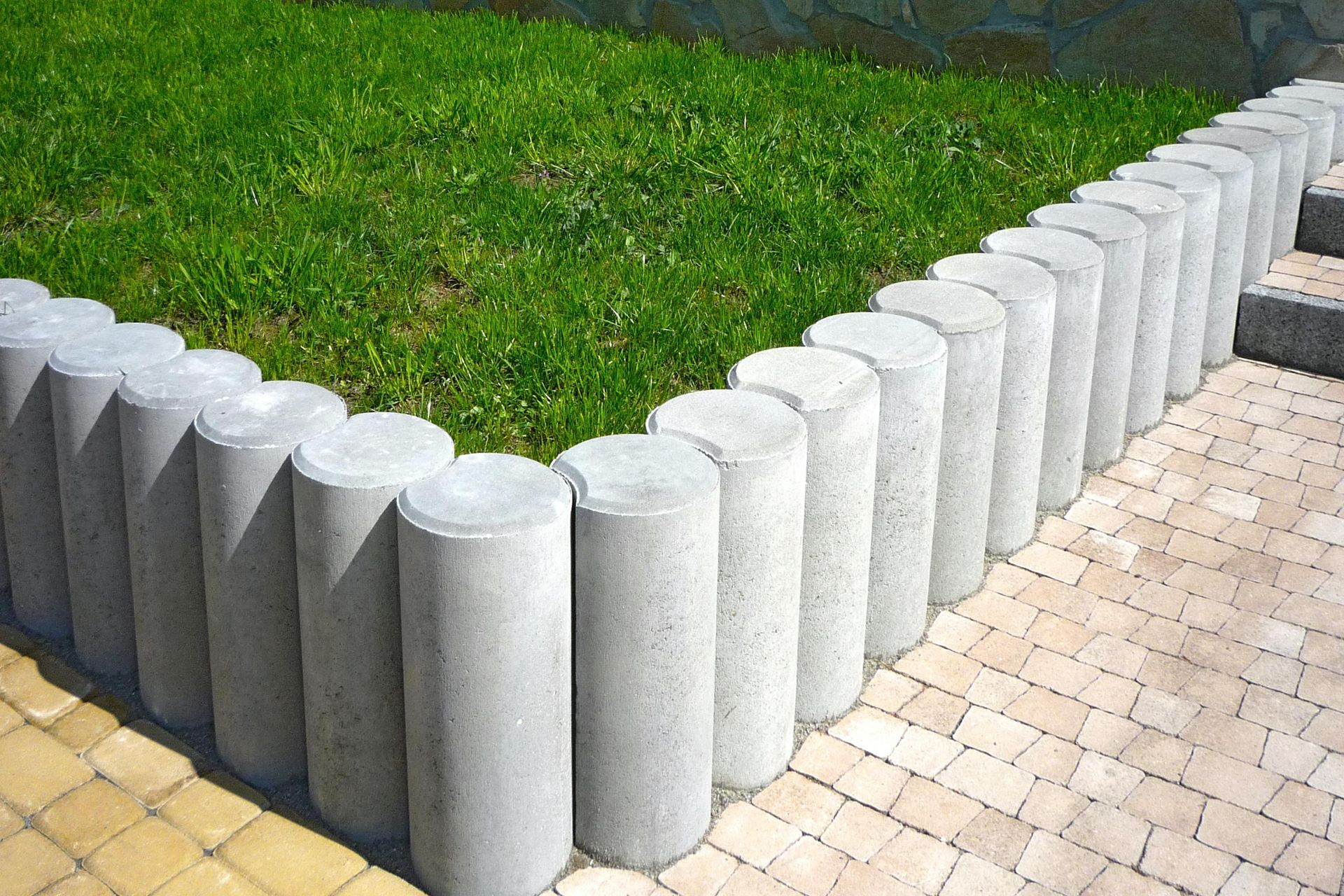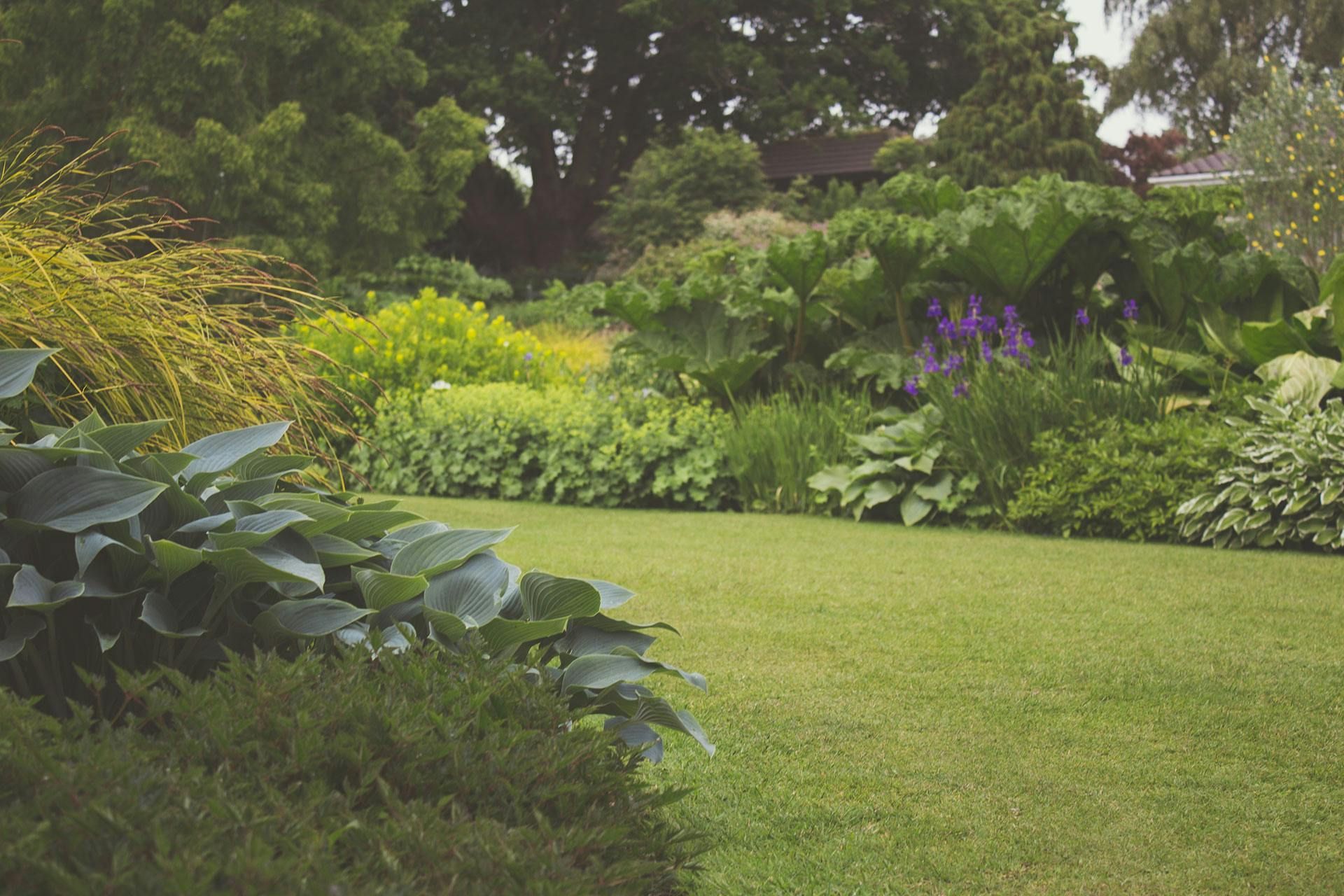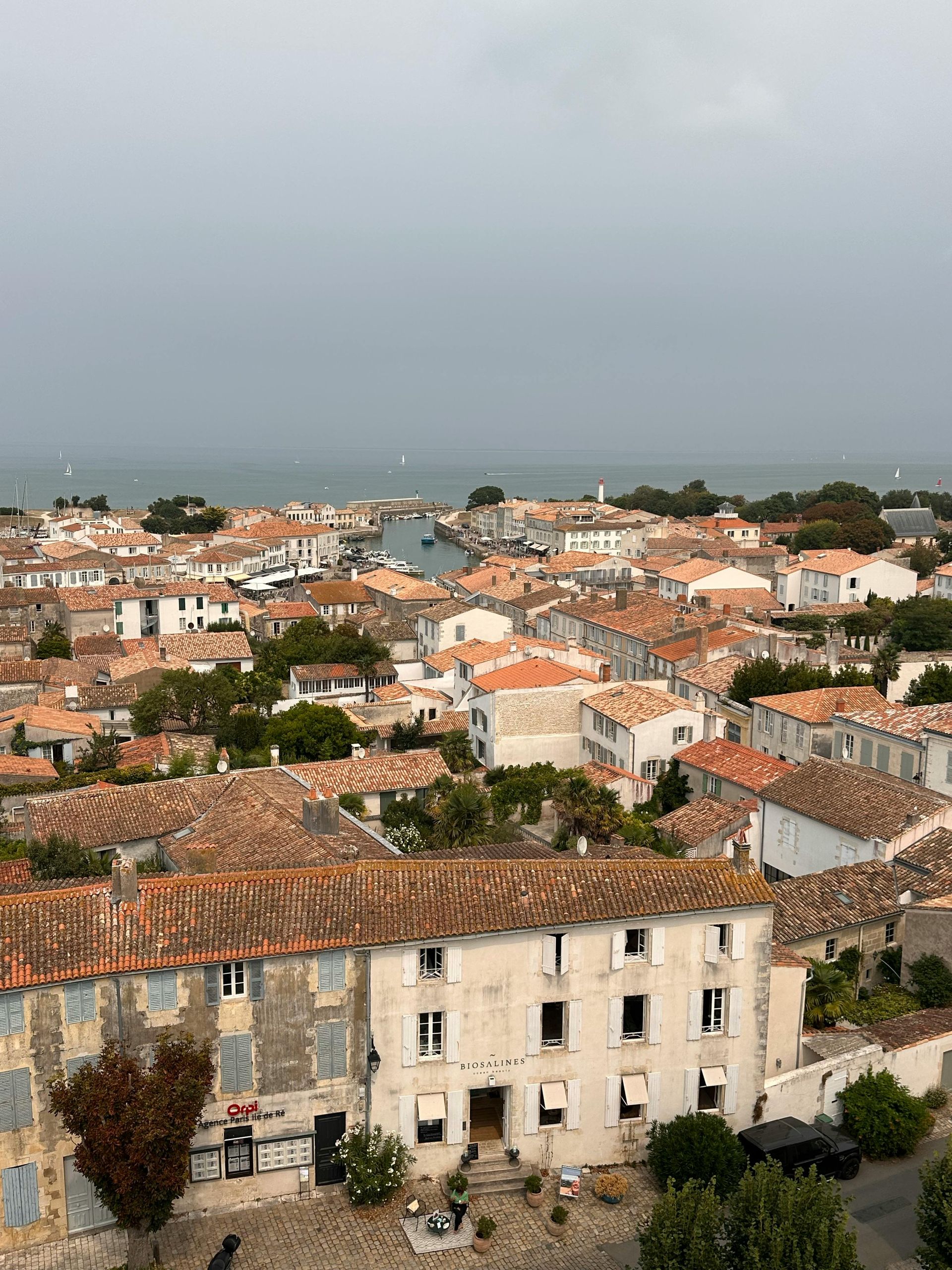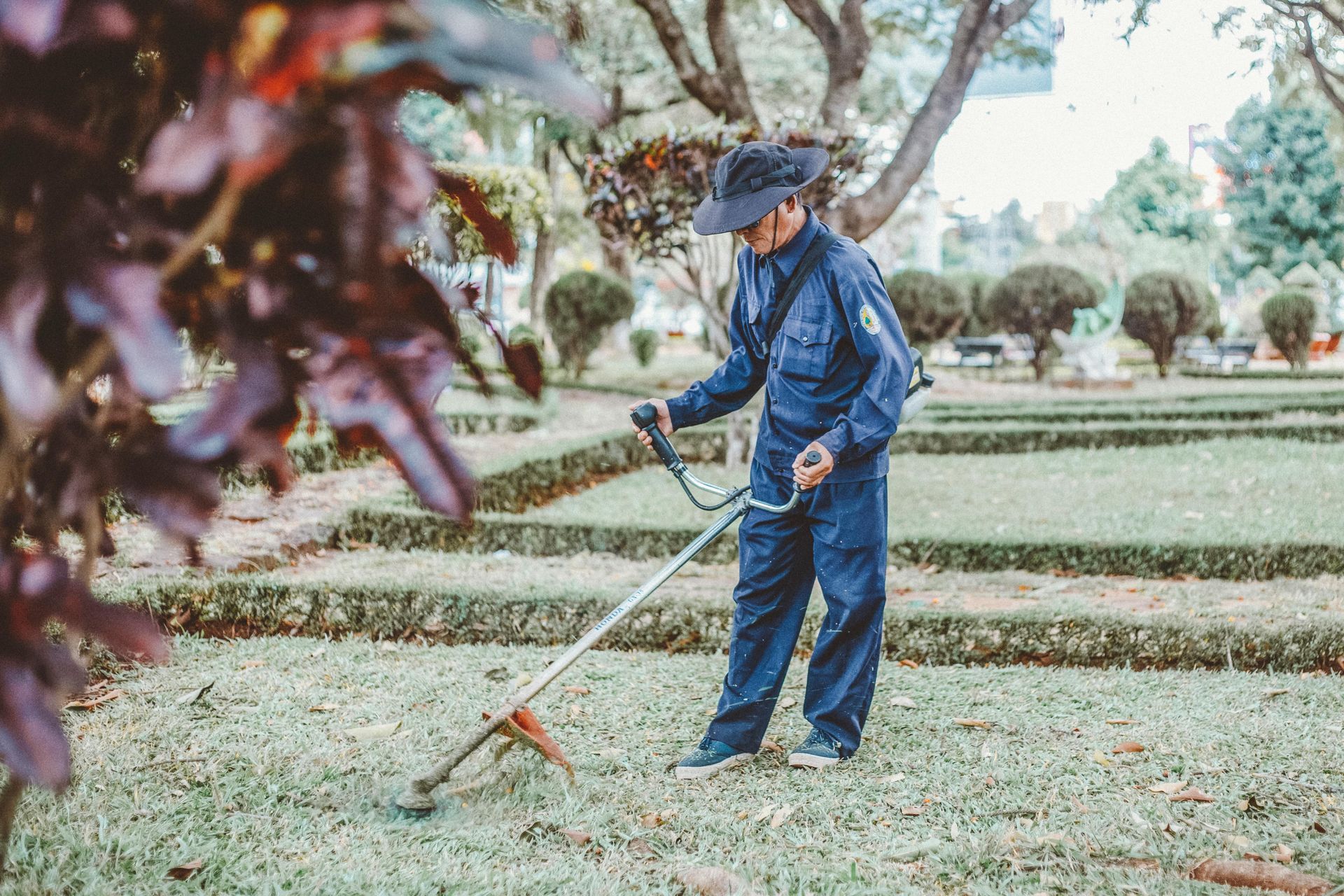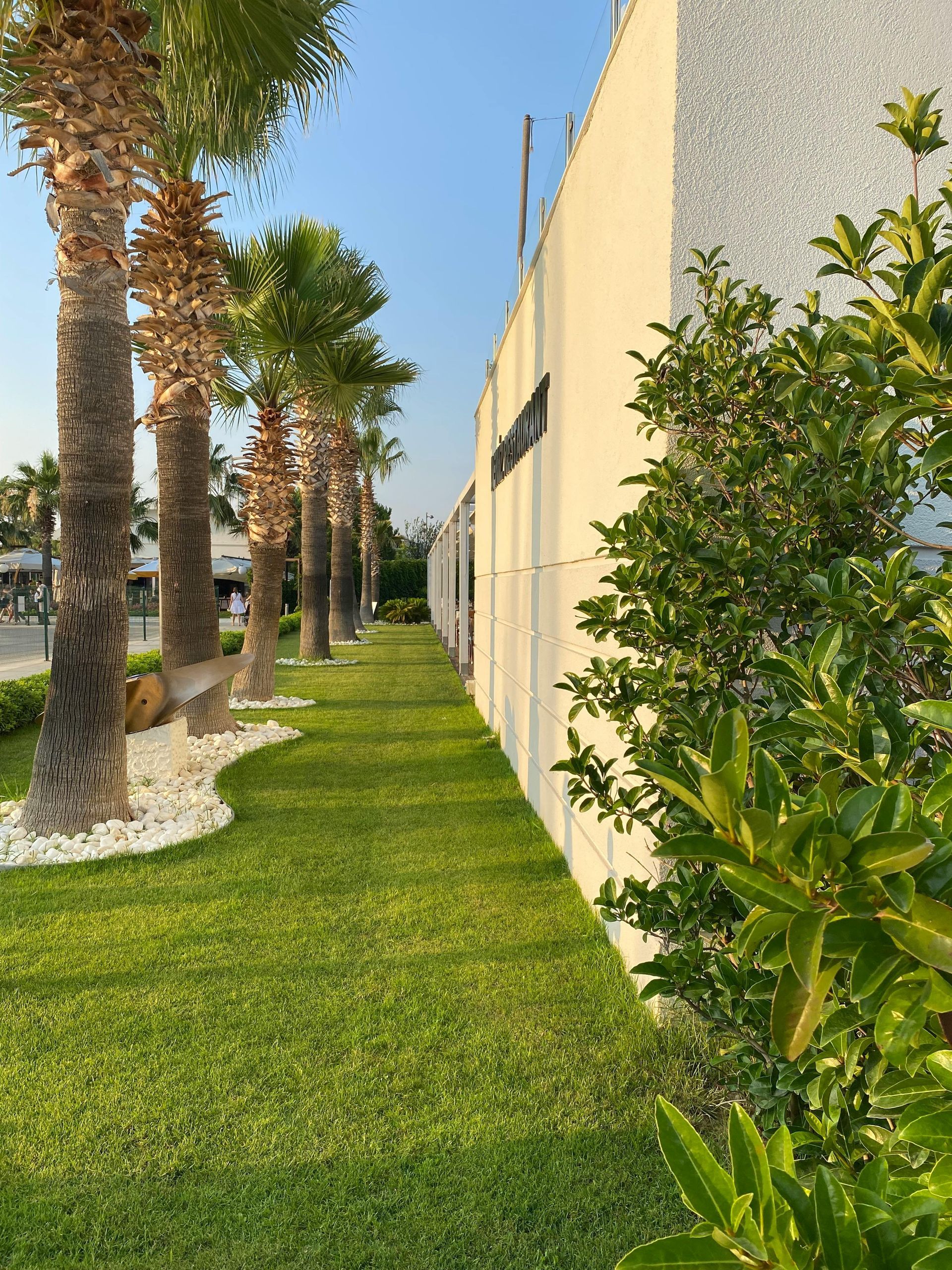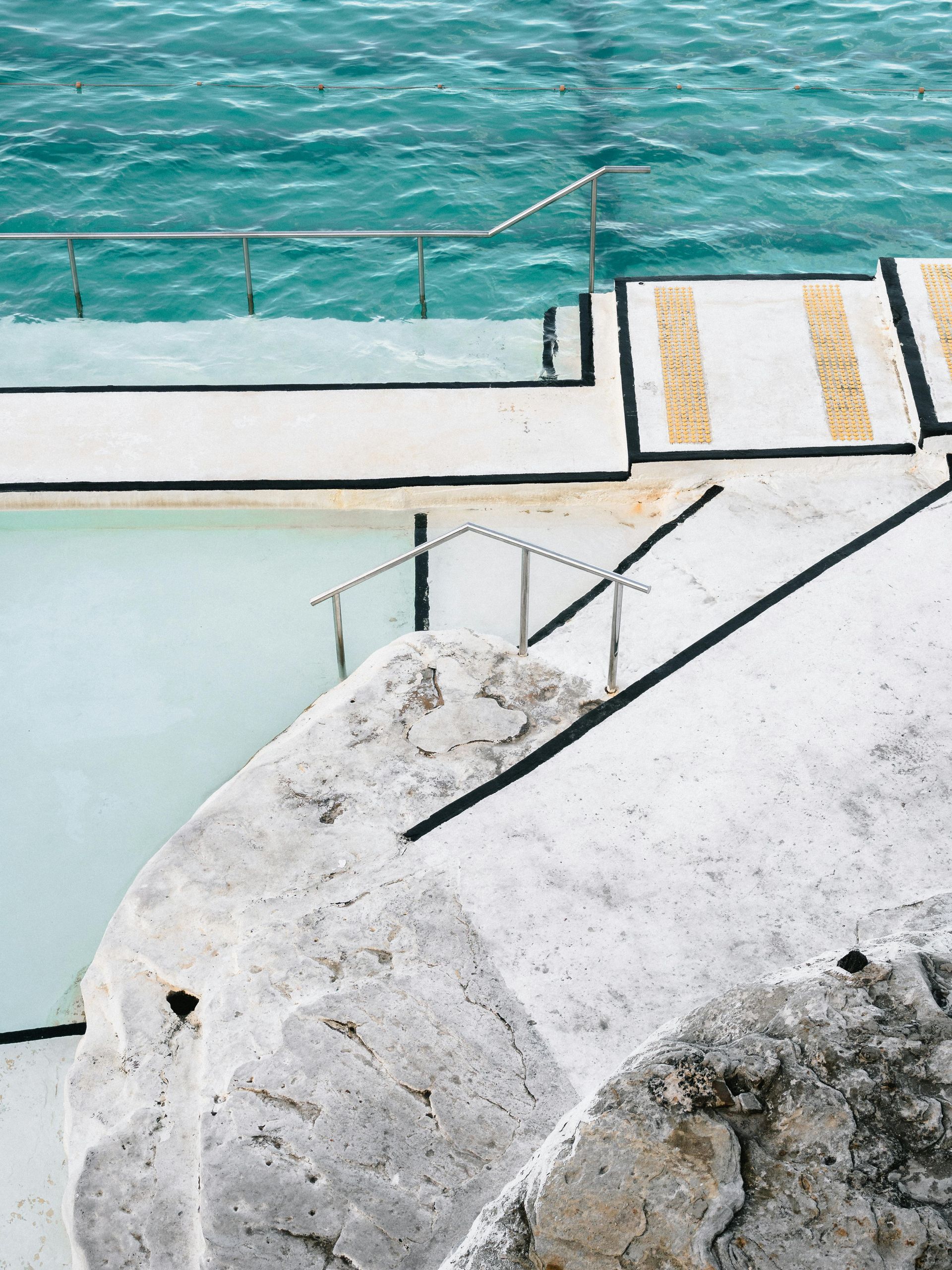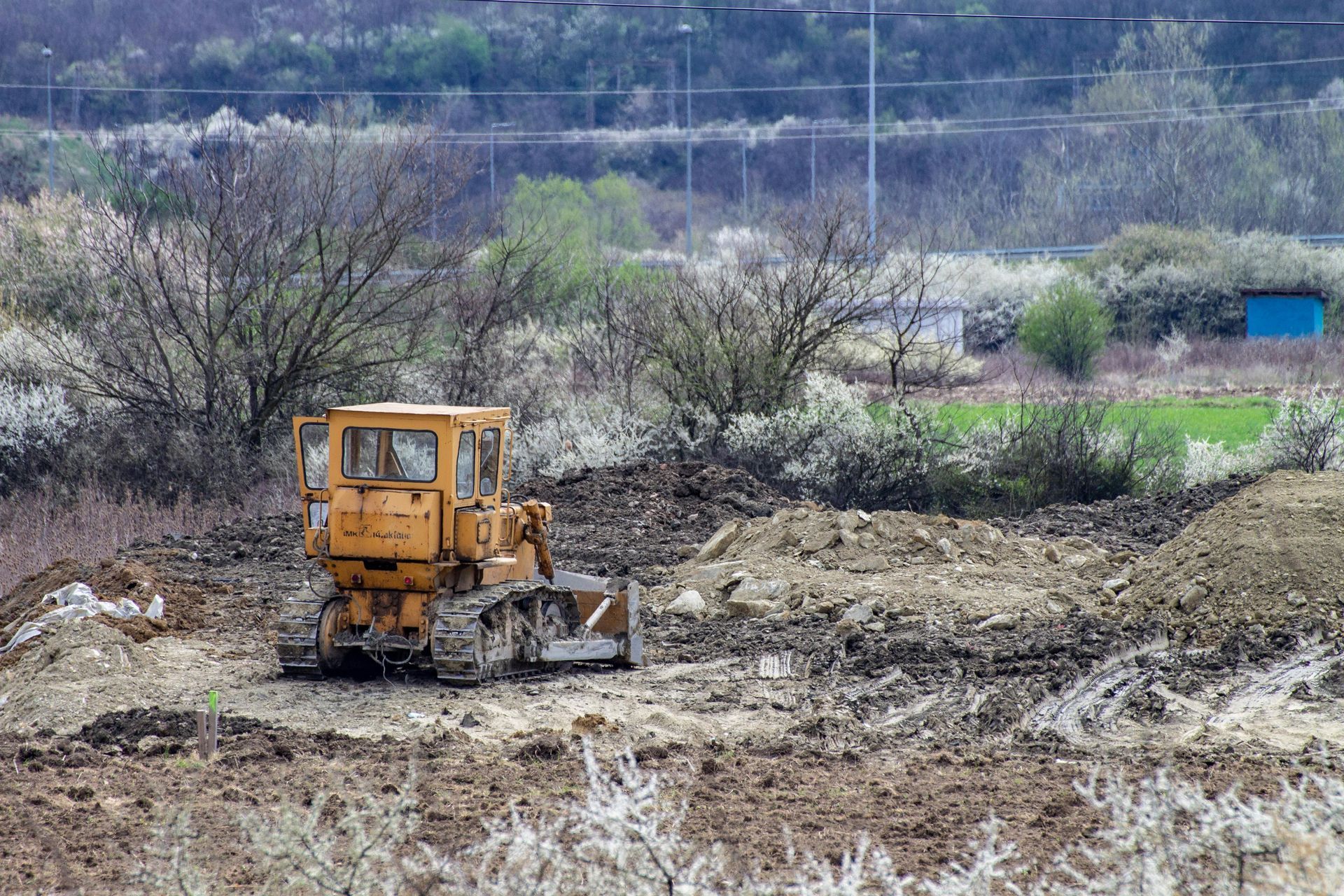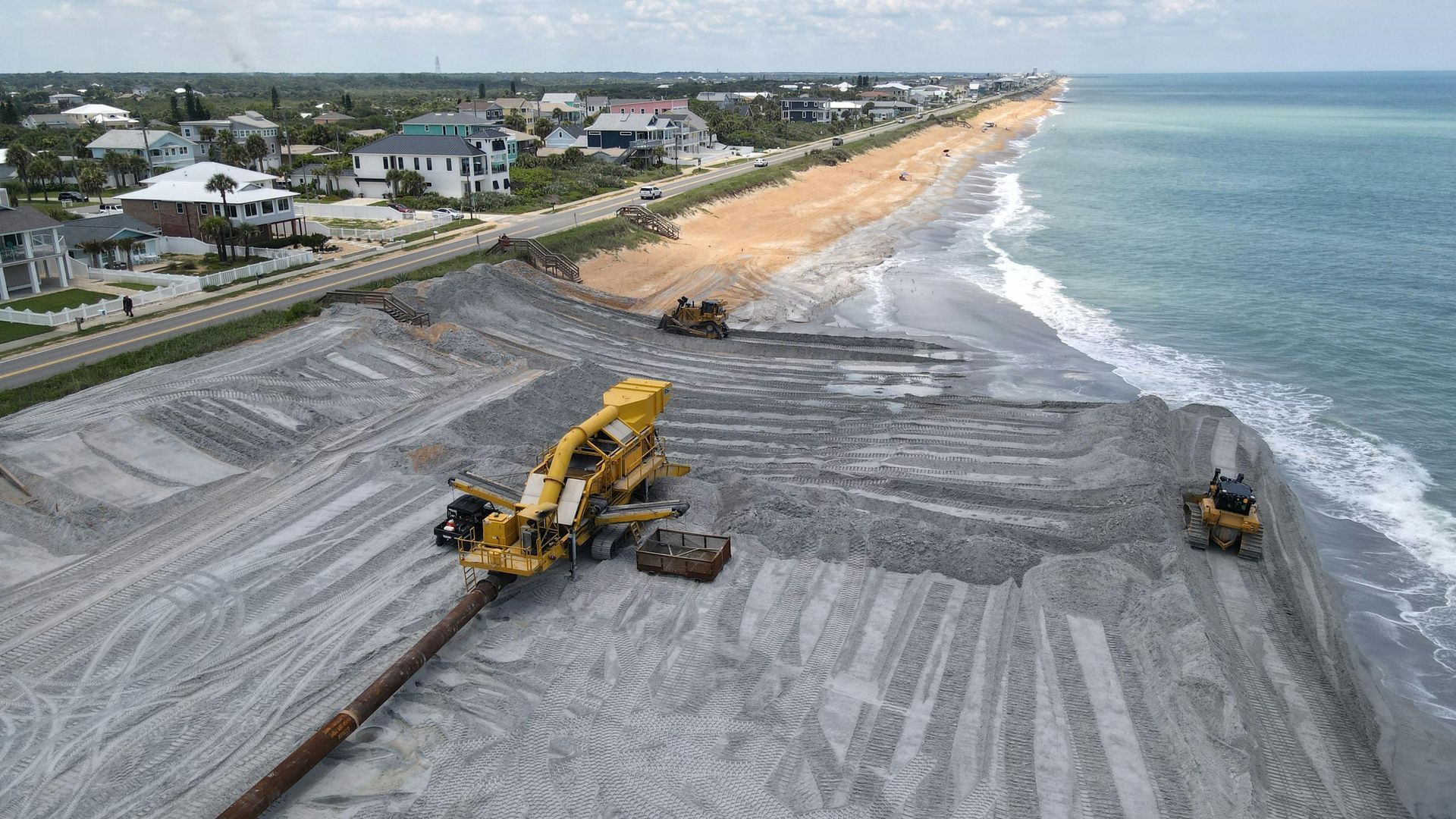Hardscape Repair vs Replacement: What Florida Homeowners Need to Know
Florida's unique climate, with its intense sun, heavy rains, and occasional hurricanes, takes a toll on outdoor hardscapes like patios, driveways, and walkways. Homeowners often face the decision of whether to repair or replace damaged hardscape features. This choice impacts not only the aesthetic appeal of a property but also its functionality and value. For those living near the coast, incorporating coastal landscape ideas can also help improve resilience and visual harmony with the environment. If you're considering upgrading or maintaining your outdoor surfaces, our hardscaping services provide expert solutions tailored to Florida’s climate. You’ll benefit from durable materials, professional installation, and thoughtful design that enhances curb appeal and long-term value.
At Best Landscape Solutions, we bring years of experience and a local understanding of Florida’s landscaping challenges. Our team is committed to helping you choose the best course of action—whether it’s repair, restoration, or a complete hardscape overhaul.
Key Takeaways
- Climate Impact: Florida's weather accelerates hardscape wear, requiring regular maintenance or replacement.
- Cost Comparison: Repairs are often cheaper short-term, but replacement may save money long-term.
- Material Matters: The type of hardscape material influences repair feasibility and replacement costs.
- DIY vs Professional: Some repairs can be DIY, but complex issues or replacements need expert help.
- Sustainability: Repairs are more eco-friendly, but replacements offer modern, durable materials.
- Property Value: Well-maintained or updated hardscapes boost curb appeal and home value.
Understanding Hardscapes in Florida
Hardscapes are non-living elements of a landscape, such as concrete driveways, paver patios, stone walkways, or retaining walls. In Florida, these features are popular for their durability and low maintenance compared to lawns or gardens. However, the state's humid subtropical climate poses challenges. High humidity, frequent rain, and intense UV exposure can cause cracking, fading, or erosion in materials like concrete, brick, or natural stone. Additionally, hurricanes and tropical storms can lead to significant damage, such as displaced pavers or cracked slabs.
Homeowners must consider how these environmental factors affect their hardscapes. For example, concrete driveways may develop cracks due to soil shifting during heavy rains, while paver patios might become uneven as sand washes away. Recognizing the signs of wear early can help determine whether repair or replacement is the better option. For inspiration and tips, browse our creative hardscape ideas for outdoor living designed with Florida’s climate in mind.
When to Repair Your Hardscape
Repairing a hardscape is often the first choice for homeowners looking to save money and extend the life of their outdoor features. Minor issues, such as small cracks, surface stains, or loose pavers, are typically good candidates for repair. Here are some common repair scenarios and their benefits:
- Crack Filling: Small cracks in concrete or asphalt can be filled with sealants to prevent water seepage and further damage.
- Paver Releveling: Uneven or loose pavers can be lifted, re-sanded, and reset to restore a smooth surface.
- Surface Cleaning: Stains from oil, mold, or mildew can be removed with pressure washing or chemical treatments.
- Grout Repair: Crumbling grout in stone or tile hardscapes can be replaced to maintain structural integrity.
For common signs and solutions, check out our blog on hardscape repair services near you.
Benefits of Repair
- Cost-Effective: Repairs are generally less expensive than full replacements, often costing 20-50% of replacement prices.
- Quick Fixes: Most repairs can be completed in a day or two, minimizing disruption.
- Eco-Friendly: Repairing extends the life of existing materials, reducing waste and resource use.
- Preserves Aesthetic: Repairs can restore the original look without altering the design.
However, repairs are not always a long-term solution. If the underlying cause of damage, such as poor drainage or unstable soil, is not addressed, issues may recur. Homeowners should assess the extent of damage and
consult a landscaping professional for complex problems.
When to Replace Your Hardscape
Replacement becomes necessary when damage is extensive or repairs are no longer cost-effective. For example, a driveway with widespread cracking or a patio with significant sinking may require a full overhaul. Here are signs that replacement is the better choice:
- Severe Structural Damage: Large cracks, deep potholes, or collapsed sections indicate underlying issues that repairs cannot fix.
- Aging Materials: Hardscapes over 15-20 years old may no longer meet modern standards or aesthetic preferences.
- Safety Hazards: Uneven surfaces or loose stones pose tripping risks, necessitating replacement for safety.
- Design Updates: Homeowners may want to modernize their outdoor space with new materials or layouts.
Explore our Santa Rosa Beach landscaping insights for ideas on combining hardscape renewal with fresh landscape design.
Benefits of Replacement
- Long-Term Durability: New materials and proper installation can last decades with minimal maintenance.
- Improved Aesthetics: Replacement allows for updated designs, colors, and textures to enhance curb appeal.
- Modern Materials: Options like permeable pavers or reinforced concrete offer better resilience to Florida’s climate.
- Increased Property Value: A new hardscape can significantly boost a home’s marketability and value.
Replacement is a larger investment, often costing $10-$30 per square foot for materials and labor, depending on the material. Homeowners should weigh the upfront cost against long-term savings and benefits.
Cost Comparison: Repair vs Replacement
The decision between repair and replacement often hinges on cost. Below is a table comparing average costs for common hardscape projects in Florida:
| Project | Repair Cost (per sq ft)Name | Replacement Cost (per sq ft) |
|---|---|---|
| Concrete Driveway | $3-$8 | $8-$15 |
| Paver Patio | $2-$6 | $10-$20 |
| Stone Walkway | $5-$10 | $15-$30 |
| Retaining Wall | $10-$20 | $20-$50 |
Factors Affecting Costs
- Material Type: Natural stone is pricier than concrete or brick.
- Labor Rates: Costs vary by region, with urban areas like Miami being more expensive.
- Project Size: Larger areas increase both material and labor costs.
- Site Conditions: Poor drainage or soil issues may require additional prep work.
Repairs are typically more affordable upfront, but frequent fixes can add up over time. Replacement, while costly, may offer better value if the hardscape is outdated or severely damaged.
Material Considerations for Florida Hardscapes
The choice of material plays a significant role in both repair and replacement decisions. Florida homeowners should select materials that withstand the state’s climate. Common options include:
- Concrete: Affordable and durable but prone to cracking without proper sealing.
- Pavers: Flexible and easy to repair; ideal for patios and walkways.
- Natural Stone: Elegant but expensive; requires regular sealing to prevent staining.
- Asphalt: Common for driveways but less durable in Florida’s heat.
- Permeable Pavers: Eco-friendly option that reduces runoff and improves drainage.
When repairing, ensure replacement materials match the existing ones for a seamless look. For replacements, consider upgrading to materials better suited for Florida’s weather, such as permeable solutions recommended in
coastal landscape designs.
DIY vs Professional Help
Some hardscape repairs, like cleaning stains or resetting a few pavers, can be DIY projects. However, complex repairs or full replacements often require professional expertise. Here’s a breakdown:
DIY Tasks
- Pressure washing surfaces.
- Filling small cracks with sealant.
- Replacing individual pavers or tiles.
Professional Tasks
- Addressing drainage issues or soil stabilization.
- Installing new hardscapes with proper base preparation.
- Repairing large cracks or structural damage.
Hiring a licensed contractor ensures quality work and compliance with local codes. If your project also involves clearing land or grading, consider our
land clearing and site preparation services to start your build on solid ground. We also offer
brush hogging and mulching to manage overgrowth and improve site conditions before hardscape installation.
Environmental and Sustainability Factors
Florida homeowners increasingly prioritize sustainability. Repairs are generally more eco-friendly, as they reuse existing materials and reduce waste. However, replacements can also be sustainable with the right choices:
- Recycled Materials: Use reclaimed pavers or recycled concrete for replacements.
- Permeable Surfaces: Reduce runoff and support groundwater recharge.
- Local Sourcing: Choose materials sourced locally to lower transportation emissions.
Explore additional ways to build sustainably and efficiently with our miscellaneous landscaping services, designed to support eco-conscious projects throughout the region.
Frequently Asked Questions
How long do hardscapes last in Florida?
Patios and walkways generally last 15-30 years, with durability dependent on material (concrete, pavers, natural stone), climate (freeze-thaw, rain, UV), and maintenance (cleaning, repairs, sealing). Proper care ensures longevity and aesthetic appeal.
Can I repair my hardscape myself?
Homeowners can manage minor hardscape repairs themselves, but more significant issues, especially those indicating structural problems, require professional contractors to avoid further damage and increased costs.
What is the most durable hardscape material for Florida?
Well-installed and sealed pavers and natural stone are durable for Florida's weather, with proper installation and sealant extending their lifespan and protecting against stains, UV fading, and moisture.
How often should I maintain my hardscape?
Maintaining Florida hardscapes requires annual inspections, cleaning, and resealing every 2-3 years to protect against UV rays, water, and mold, preventing premature damage and costly repairs.
Are permeable pavers worth the cost?
Permeable pavers are a good choice for Florida because they help with drainage, reduce runoff, and are good for the environment, especially given the state's rainy weather.
Final Thoughts
Deciding between hardscape repair and replacement is a significant choice for Florida homeowners. Hardscape repairs offer a cost-effective, eco-friendly solution for minor damage, while replacements provide long-term durability and modern aesthetics. By considering factors like material type, cost, and environmental impact, you can make a decision that enhances your property’s value and functionality. Regular maintenance and timely repairs can extend the life of your hardscape, but when replacement is necessary, choose materials suited to Florida’s challenging climate. Consult professionals for complex projects to ensure lasting results.
We proudly serve communities throughout the
service areas of Northwest Florida and beyond. For design inspiration, view our
project gallery to see real examples of quality hardscape work. Ready to improve your outdoor space?
Contact us today to schedule a consultation.

